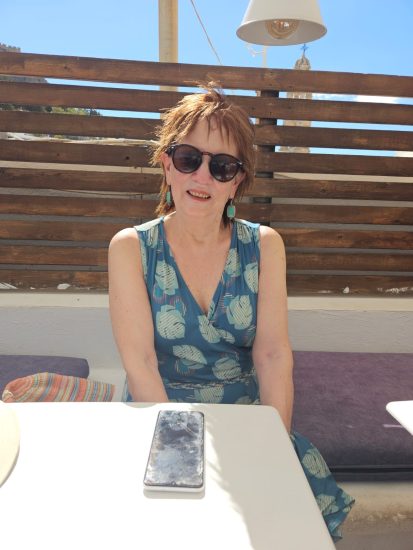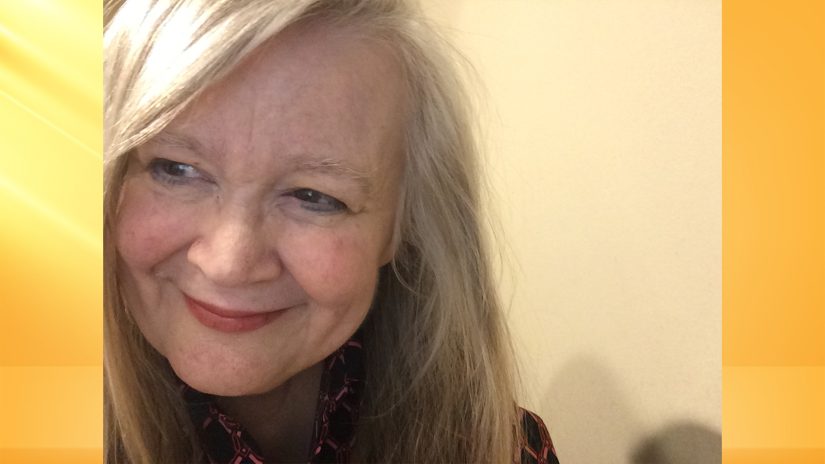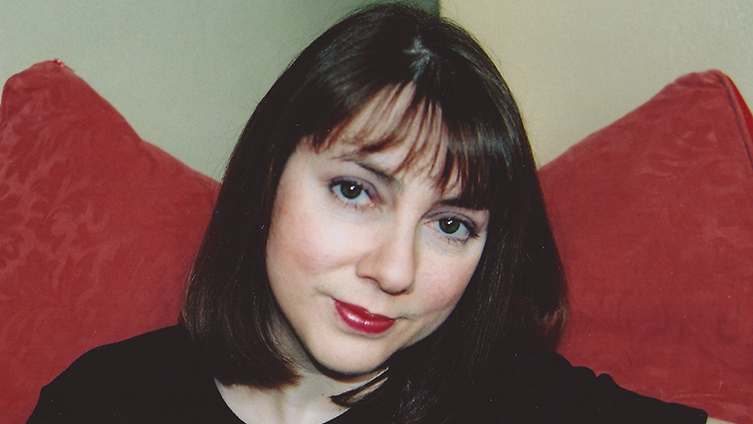
Did you read recently that some novels written by women under male pen names are to be republished, using the authors’ real names?
Twenty-five titles were released last month to celebrate the 25th anniversary of the Women’s Prize For Fiction. The most well-known author in the “Reclaim Her Name” library is possibly Mary Ann Evans, who wrote “Middlemarch” under the pseudonym George Eliot.
So why might an author choose to write using a pen name?
To be taken seriously
In days gone by, women wrote under men’s names most commonly because they believed they wouldn’t be taken seriously as authors otherwise.
Charlotte, Emily and Anne Bronte chose the names Currer, Ellis and Acton Bell.
If your own name is tricky to spell, or to pronounce
Perhaps it’s tricky to pronounce, or spell? Or perhaps it isn’t very memorable?
Or perhaps you’ve just never liked your own name terribly much. A pen name allows you to be who you want to be!
Writing in a different genre
If your readers expect a certain style of writing, you may prefer to change name if you begin writing in a different genre.
This could help avoid confusing or alienating your original readership. Fiction writers often separate non-fiction writing in this way.
Louisa May Alcott used her own name for “Little Women”; she had previously used the name A.M. Barnard to write gothic thrillers.
JK Rowling published her crime mystery “The Cuckoo’s Calling” under the pen name of Robert Galbraith, hoping to “work without hype or expectation and receive totally unvarnished feedback”.
For a fresh start
If your books haven’t been spectacularly successful thus far, or have hit a lull in sales, your publisher may feel that a new name equals a fresh start.
To avoid gender stereotyping
You may wish to keep your own gender under wraps (or use initials) if the genre you’re writing for is seen as traditionally “male” or “female”.
Authors might decide to stay gender-neutral if they feel readers may make a judgement on their work, based on their name alone.
Likewise, you may choose a name that feels a good fit for the market you’re aiming at.
If you have the same name as a famous author
Choosing a different name could give you a more individual identity.
You may even just shorten your own name, or use a first initial instead of a first name.
To keep your identity private
You may prefer to keep your identity private. Perhaps you feel it could affect your work, or family life.
Or maybe you’ve based a character or characters on people you know; or you’ve written something controversial and you’d prefer to keep those views anonymous.
If you’re a co-writer
Here in the “Friend”, we have experience of writing teams choosing to write under a pen name, to keep things simple.
Pen names and the “Friend”
If you decide to use a pen name, it’s not a problem — we deal with authors who choose to write under a different name on a daily basis.
We’re fine with whichever name you choose to write under! Our focus always remains on the reader, and on strong, entertaining stories.
Your contract will be in your own name, and you can choose one or more pen names. A handful of our writers have more than one!
For more writing advice from “The People’s Friend”, click here.




